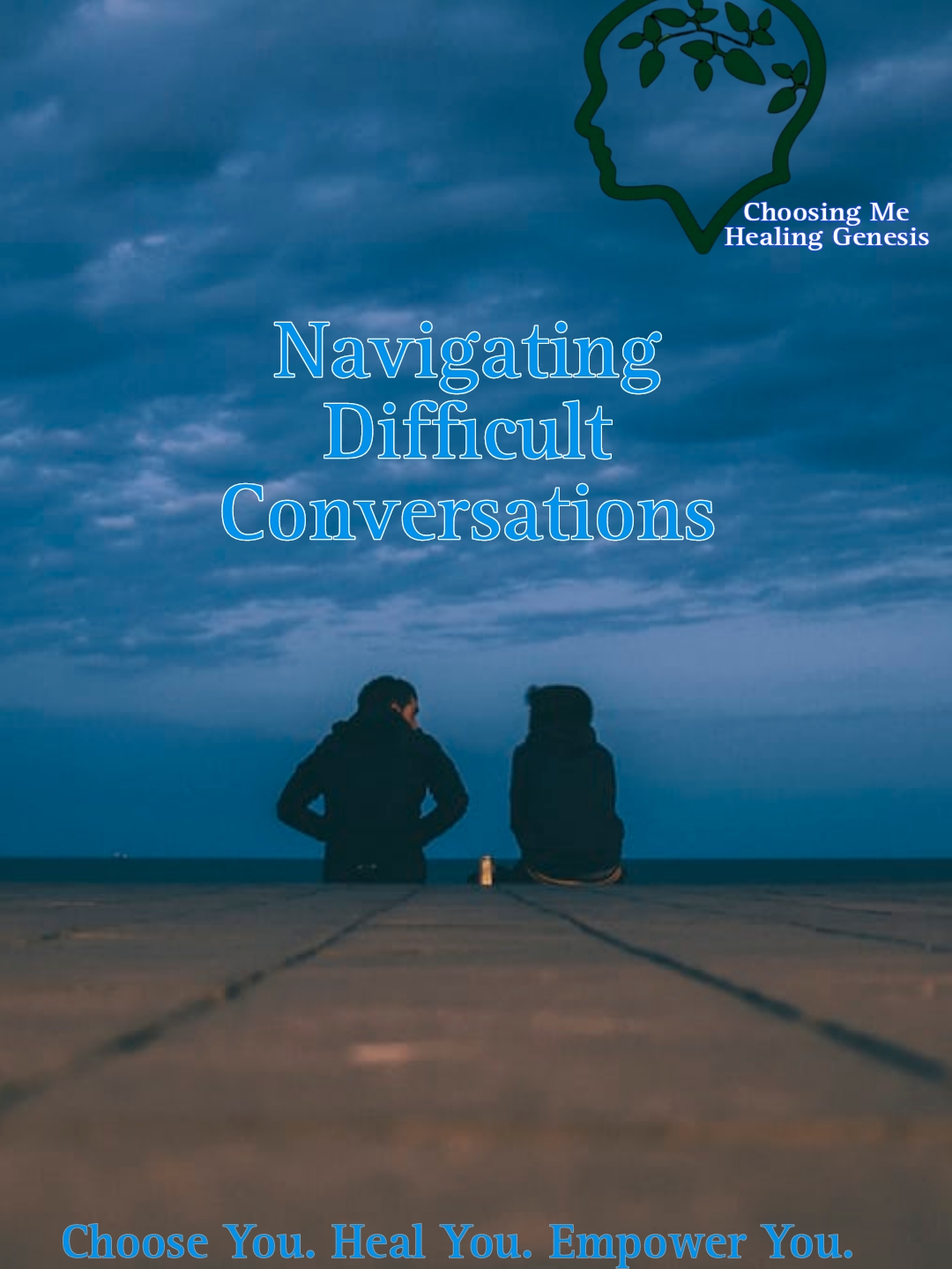Navigating Difficult Conversations: Tips for Improving Communication with Loved Ones
Communication is the cornerstone of any healthy relationship, but sometimes, navigating difficult conversations with loved ones can be challenging. Whether it’s addressing a disagreement, expressing hurt feelings, or resolving a misunderstanding, effective communication is essential for maintaining strong and meaningful connections.
Here are some tips for improving communication with loved ones and navigating difficult conversations:
1. Choose the Right Time and Place:
Finding the right time and place to have a difficult conversation is crucial. Ensure both parties are relaxed and have privacy. If possible, have the conversation in person to facilitate open communication and non-verbal cues. However, if meeting in person isn’t feasible, opt for a phone call or video call.
2. Express Your Feelings:
Start the conversation by expressing your feelings in a non-confrontational manner. Use “I” statements to focus on your own experiences and emotions rather than placing blame. For example, instead of saying, “You hurt me,” try saying, “I felt hurt when…”
3. Share Your Perspective:
Explain why the situation made you feel the way you did. Be honest and transparent about your thoughts and feelings, but also be willing to listen to the other person’s perspective. Remember, the goal is to foster understanding and find a resolution together.
4. Encourage Open Communication:
Invite the other person to share their perspective on the situation. Practice active listening by giving them your full attention and validating their feelings. Avoid interrupting or becoming defensive, and try to understand where they’re coming from. Create a safe space where both parties feel comfortable expressing themselves without fear of judgment.
5. Find common ground:
Look for areas of agreement or shared values that can serve as a foundation for finding a resolution. Focus on finding common ground rather than dwelling on differences or disagreements. Remember that compromise and collaboration are key to resolving conflicts constructively.
6. Seek Resolution:
Work together to find a resolution that feels fair and respectful to both parties. This might involve apologizing if necessary, setting boundaries, or finding a compromise. Remember that the goal is to strengthen your relationship and move forward positively.
7. Reaffirm Your Relationship:
End the conversation on a positive note by reaffirming your love and appreciation for the other person. Let them know that your relationship is important to you and that you’re committed to working through challenges together.
Conclusion:
Difficult conversations are an inevitable part of any relationship, but by approaching them with empathy, understanding, and effective communication strategies, we can navigate them with grace and compassion. Remember that communication is a skill that can be developed and improved over time, and practicing open and honest communication is essential for building and maintaining healthy connections with loved ones.


0 Comments